INTERESTING SCIENTIFIC DISCOVERIES OF LAST YEAR
Added on: 31st Jul 2016
KEY BLOOD PRESSURE DRUG SEEN IN
STARTLING NEW DETAIL
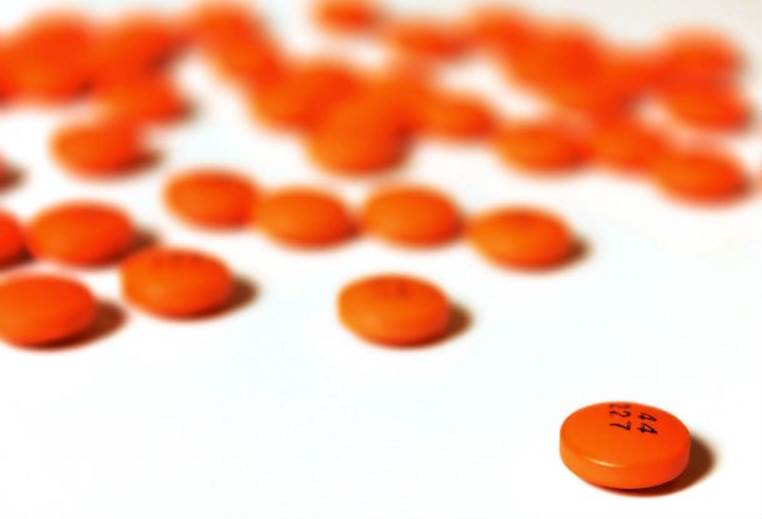
A study from Arizona State University reveals the
action of an experimental blood pressure drug in
unprecedented detail, potentially aiding the
development of new and better drugs.
FIRST EXOPLANET VISIBLE-LIGHT SPECTRUM
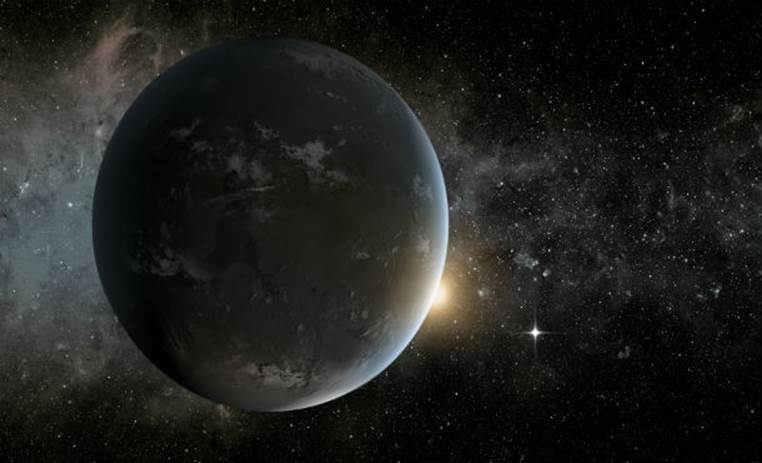
Astronomers have made the first-ever direct detection of the
spectrum of visible light reflected off an exoplanet. These
observations also revealed new properties about this object,
the first exoplanet ever discovered around a normal star:
51 Pegasi b. The result promises an exciting future for this
technique, particularly with the advent of next generation
instruments and future telescopes, such as the E-ELT.
THREE THOUSAND ATOMS ENTANGLED
USING A SINGLE PHOTON

Physicists from MIT and the University of Belgrade have
developed a new technique that can successfully
entangle three thousand atoms using only a single photon.
The results, published in the journal Nature, represent
the largest number of particles that have ever been
mutually entangled experimentally.
THE AMAZON’S CARBON UPTAKE DECLINES
AS TREES DIE FASTER
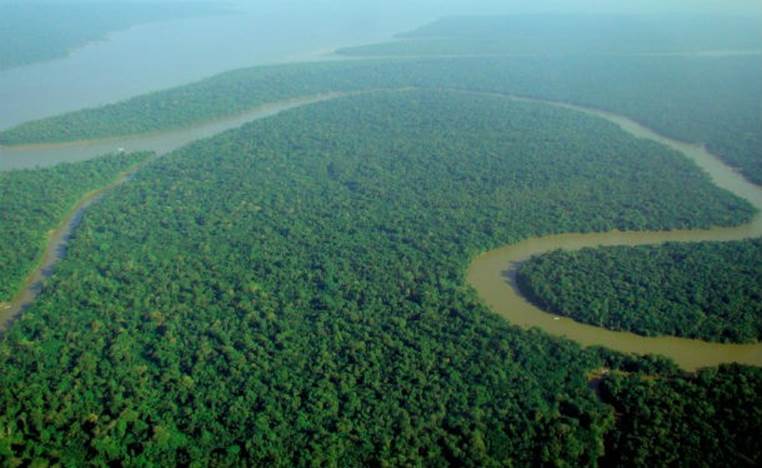
The results of a monumental 30 year survey of the South
American rain forest which involved an international team
of almost 100 researchers and was led by the University
of Leeds, has some bad news for earth. The most extensive
study ever conducted shows that the rain forest is gradually
losing its ability to absorb carbon from the atmosphere
as trees die at faster and faster rates.
NASA FOUND EVIDENCE OF A VAST
ANCIENT OCEAN ON MARS
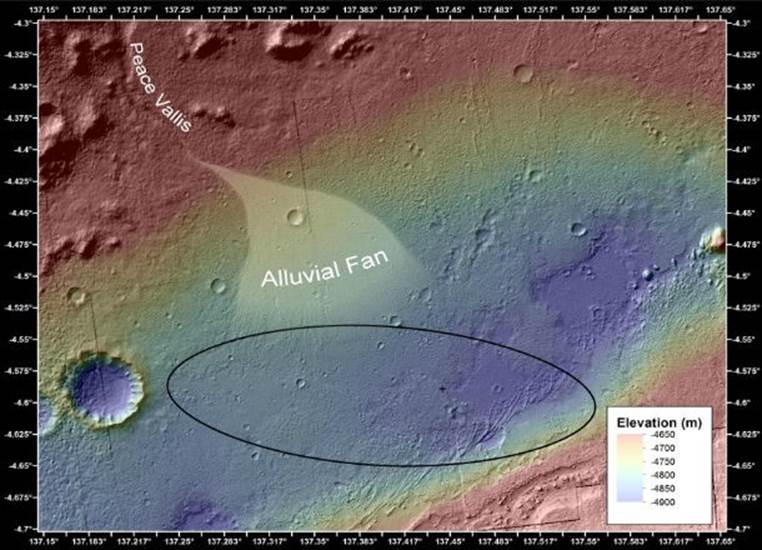
According to NASA’s scientists a massive ancient ocean once
covered nearly half the northern hemisphere of Mars,
making the planet a more promising place for alien life to
have gained a foothold. The huge body of water spread
over a fifth of the planet’s surface, as great a portion as
the Atlantic, and was a mile deep in some places. In total,
the ocean held twenty million cubic kilometres of water,
or more than is found in the Arctic Ocean, the
researchers discovered.
NASA AMES RESEARCH CENTRE REPRODUCED
THE BUILDING BLOCKS OF LIFE IN A LABORATORY
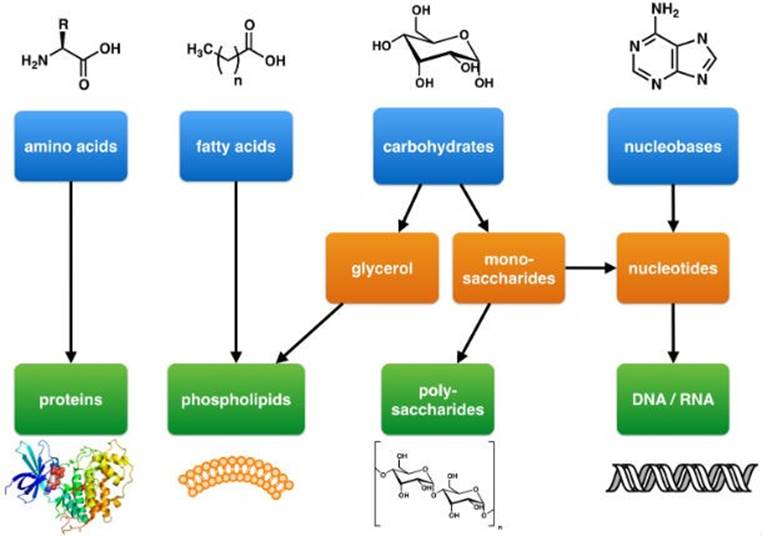
NASA reported that, for the first time, complex DNA and RNA
organic compounds of life, including uracil, cytosine and
thymine, have been formed in a laboratory under outer space
conditions, using starting chemicals, such as pyrimidine,
found in meteorites. Pyrimidine, like polycyclic aromatic
hydrocarbons (PAHs), the most carbon-rich chemical
found in the universe, may have been formed in red
giants or in interstellar dust and gas clouds,
according to the scientists.
BIG BANG, DEFLATED? THE UNIVERSE
MAY HAVE HAD NO BEGINNING
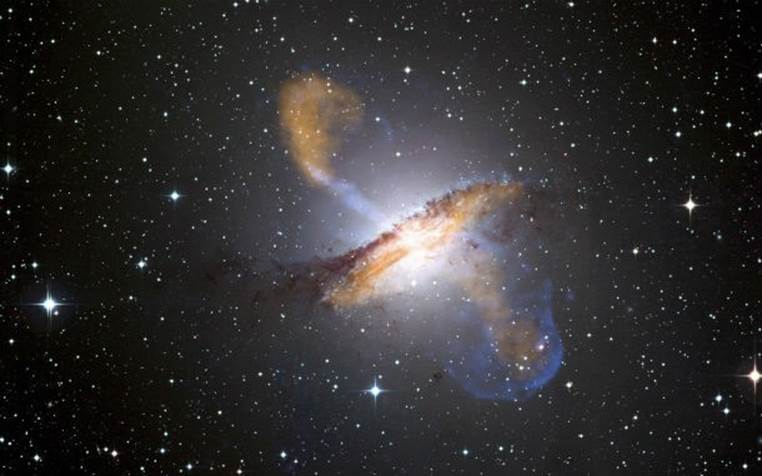
According to this theory (if it turns out to be true), the universe
may not have started with a bang. A team of theoretical
physicists at the University of Lethbridge in Alberta, Canada,
presented an alternative cosmological view to extend the
Big Bang model, suggesting the universe had no beginning
or singularity and the age of the universe is infinite.
The new theory was explained in a paper published on
February 4, 2015, in the journal Physical Letters B and
another paper that is currently under peer review, which
was published in the preprint journal arXiv.

Comment on this